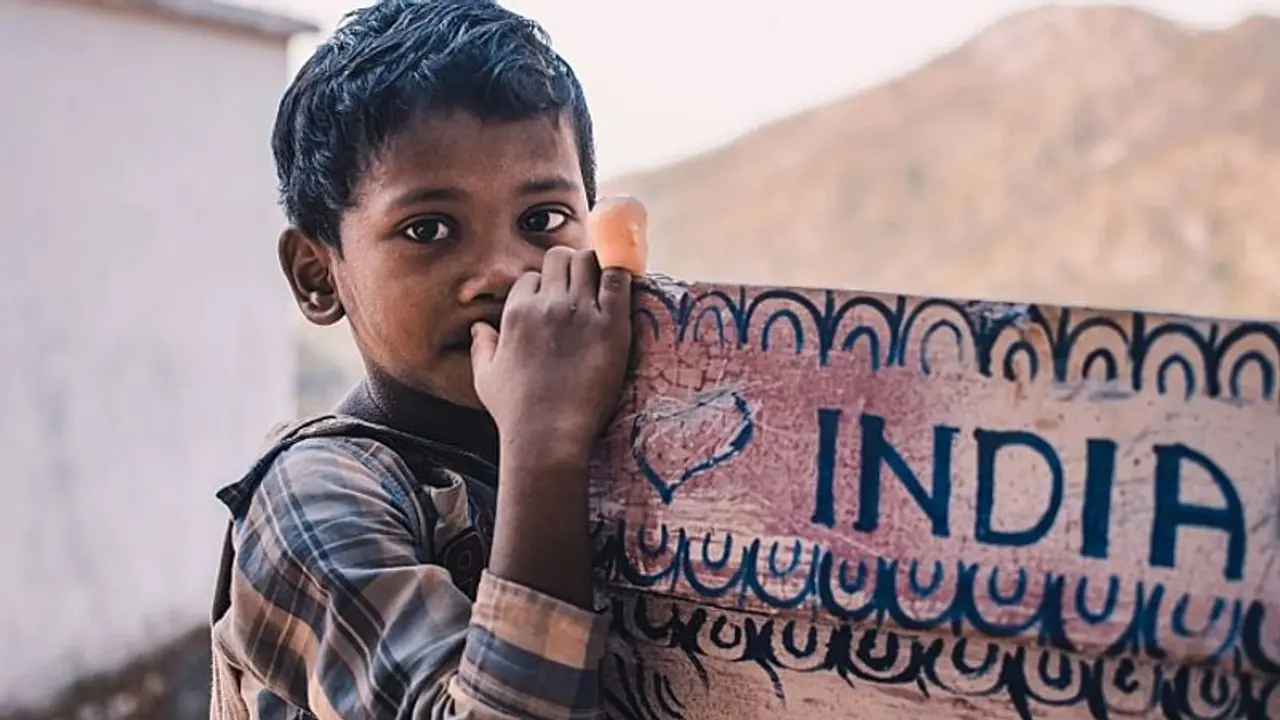The Ministry of Women and Child Development criticized a JAMA Network article claiming India has high rates of malnourished 'zero-food' children, comparable to West African nations. The ministry labeled it as fake news, citing lack of primary research and reliance on inaccurate generalizations
The Ministry of Women and Child Development has lashed out at the article published on February 12, 2024, by the JAMA Network that claimed that the prevalence of malnourished children in India -- termed 'zero-food' children -- is comparable to rates observed in West African nations like Guinea, Benin, Liberia, and Mali. In a statement, the ministry labelled it a deliberate and malicious attempt to sensationalize fake news. The ministry has rebuked the study, asserting that it lacks primary research and relies on broad and incorrect generalizations about the nutritional status of Indian children.

According to the Harvard study published in the JAMA Network Open, these zero-food children, aged between 6 and 23 months, are characterized by having consumed no milk, formula, or food in the preceding 24 hours. The study, which examined 92 countries, claimed that India has the highest number of zero-food children, totalling 6.7 million, representing nearly half of all such cases included in the research. Nigeria follows closely behind with 962,000 zero-food children, trailed by Pakistan with 849,000, Ethiopia with 772,000, and the Democratic Republic of the Congo with 362,000 cases.
However, according to the ministry, the authors of the study, led by SV Subramanian, have admitted significant misgivings about the data and have outlined nine limitations that render their findings unreliable. Moreover, the study's methodology is criticized for its opacity and reliance on single-day recalls, without considering inputs from state governments or private organizations in India, who have never reported cases of starving children.
The ministry also points out a critical oversight in the JAMA article regarding the exclusion of breast milk as a vital component of infant nutrition. Despite claiming a significant portion of children as "zero food," the study fails to acknowledge that 17.8% of them had received breast milk, the ministry said, adding, that the authors neglect publicly available data from the Poshan Tracker, which monitors over 8 crore children monthly through Anganwadi Centres across the country.
Contrary to the alarming claims of the JAMA article, the ministry highlighted the government's robust supplementary nutrition program, providing 500 KcaL of food per day to children under 6 years, focusing on a balanced diet inclusive of micro-nutrients and fortified rice. The effectiveness of this program, known as Poshan 2.0, in reducing malnutrition prevalence has been commended by a World Bank research study.
Statistics from the Poshan Tracker reveal that out of approximately 13.7 crore children aged 6 months to 6 years, only 6.26% are wasted, and 1.9% are severely malnourished. Furthermore, under the PMMVY Scheme, pregnant women receive financial assistance to promote health-seeking behaviour and child immunization, with Rs 14,756 crore already disbursed to 3.8 crore women.
The Ministry of Women and Child Development denounced the JAMA article as politically provocative and reiterated its commitment to ensuring the well-being of children across India through evidence-based policies and programs. "There is no scientific definition of zero food children. The methodology followed is opaque and has attempted to interpret single-day recalls by those who were supposedly contacted. No state government or any private organization in India has ever reported about starving children," the ministry said, adding "No attempt has been made by the authors to seek clarification from public authorities. It is therefore evident that this article is maliciously timed to be politically provocative."
